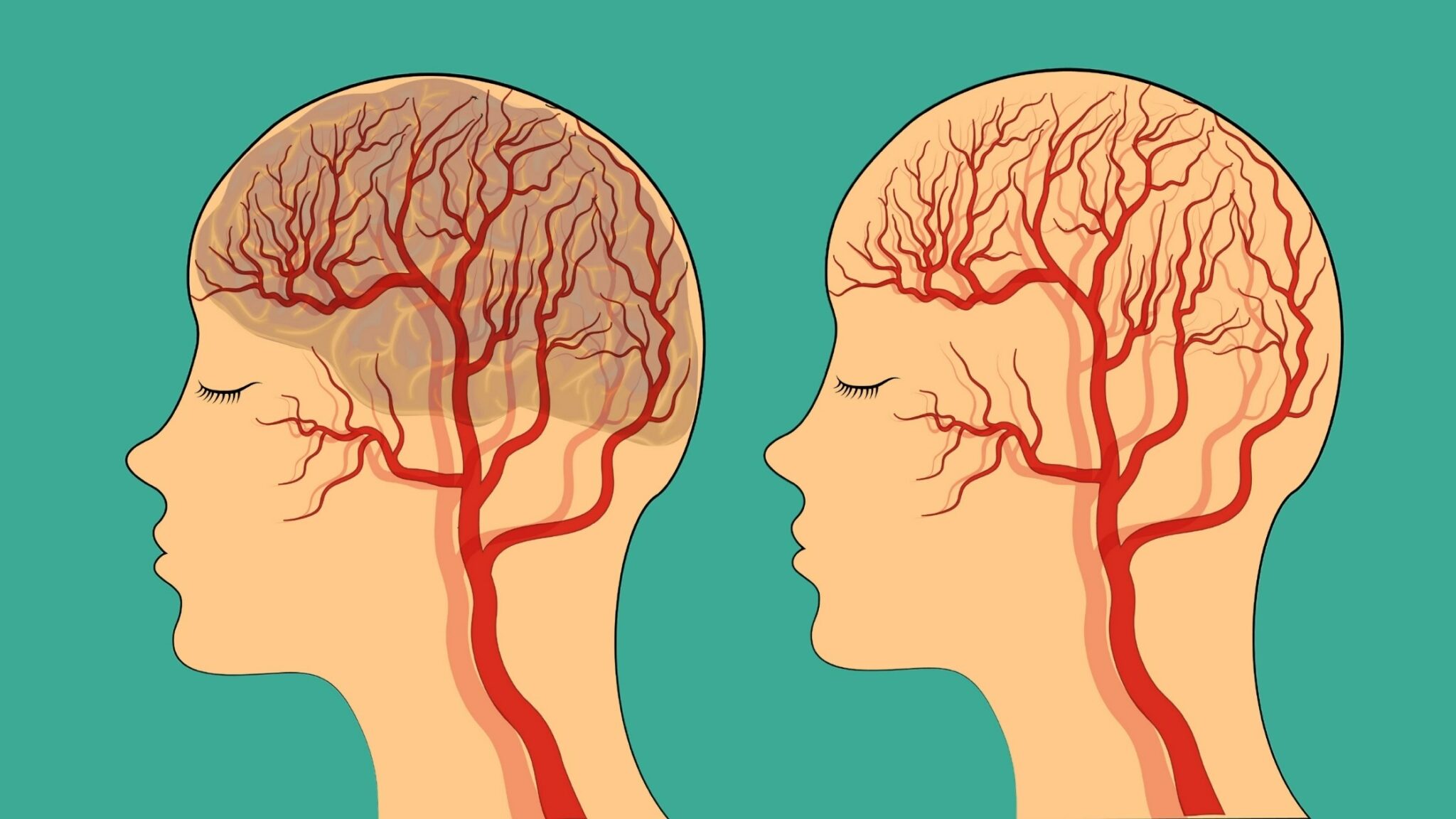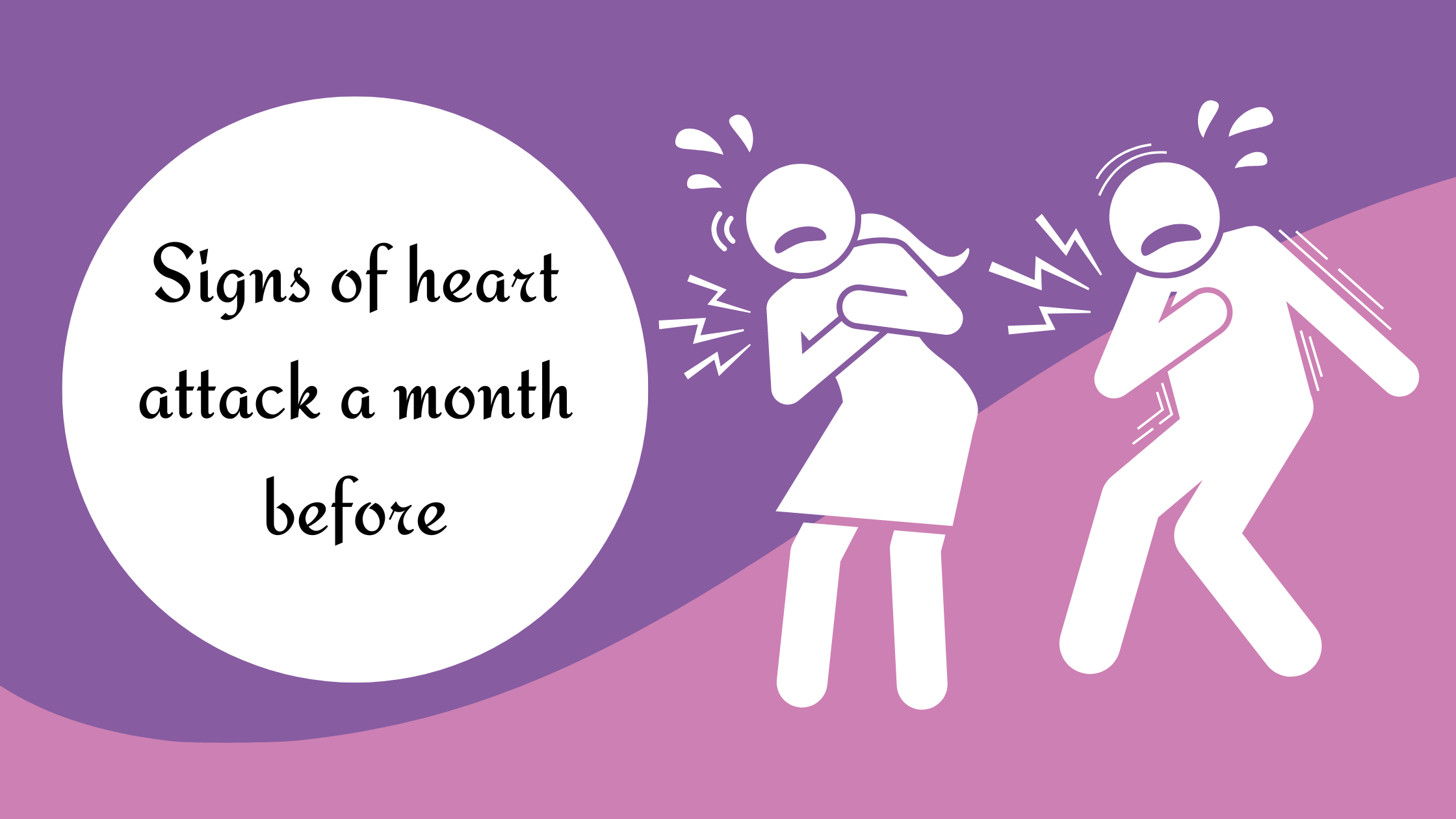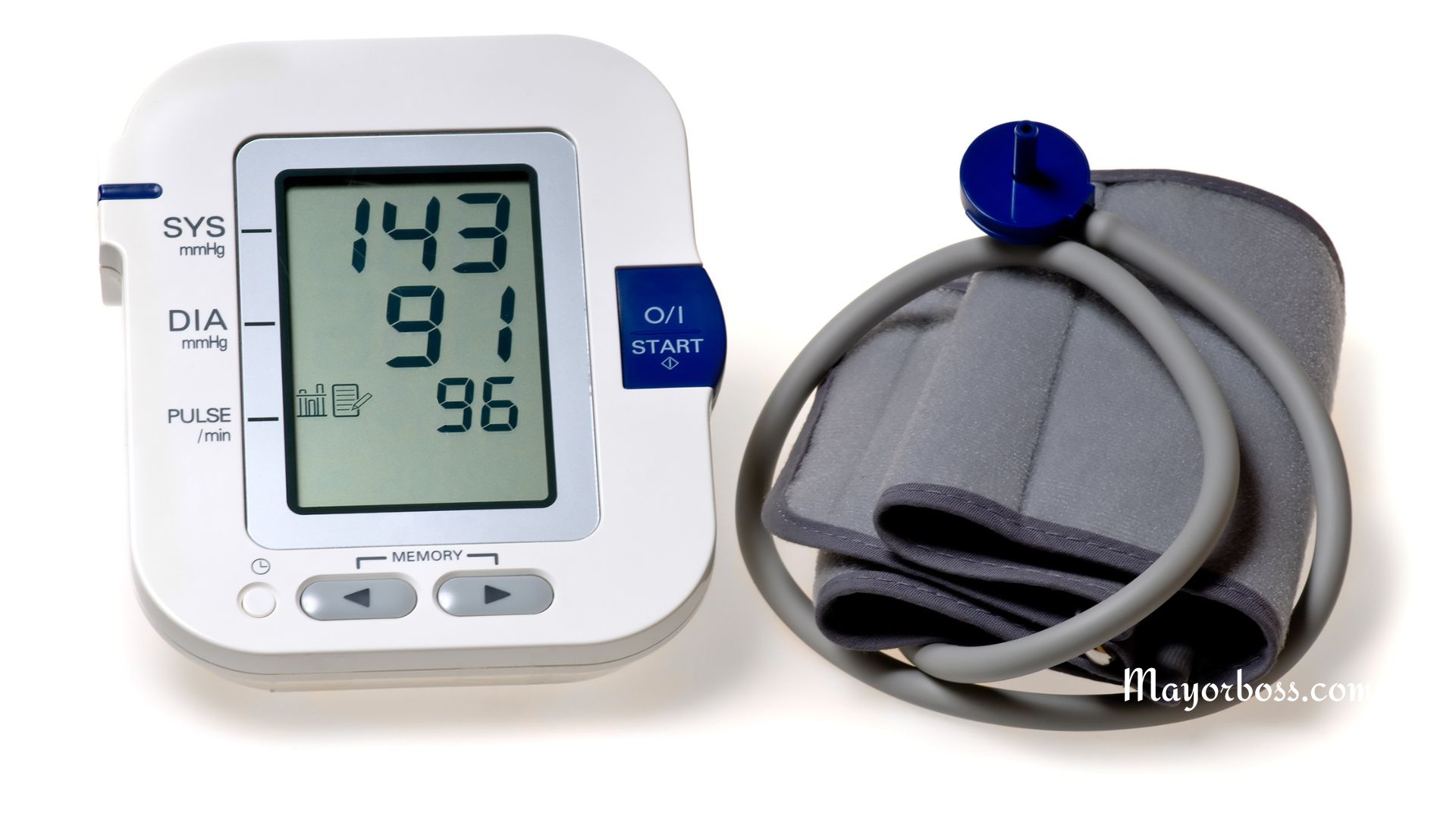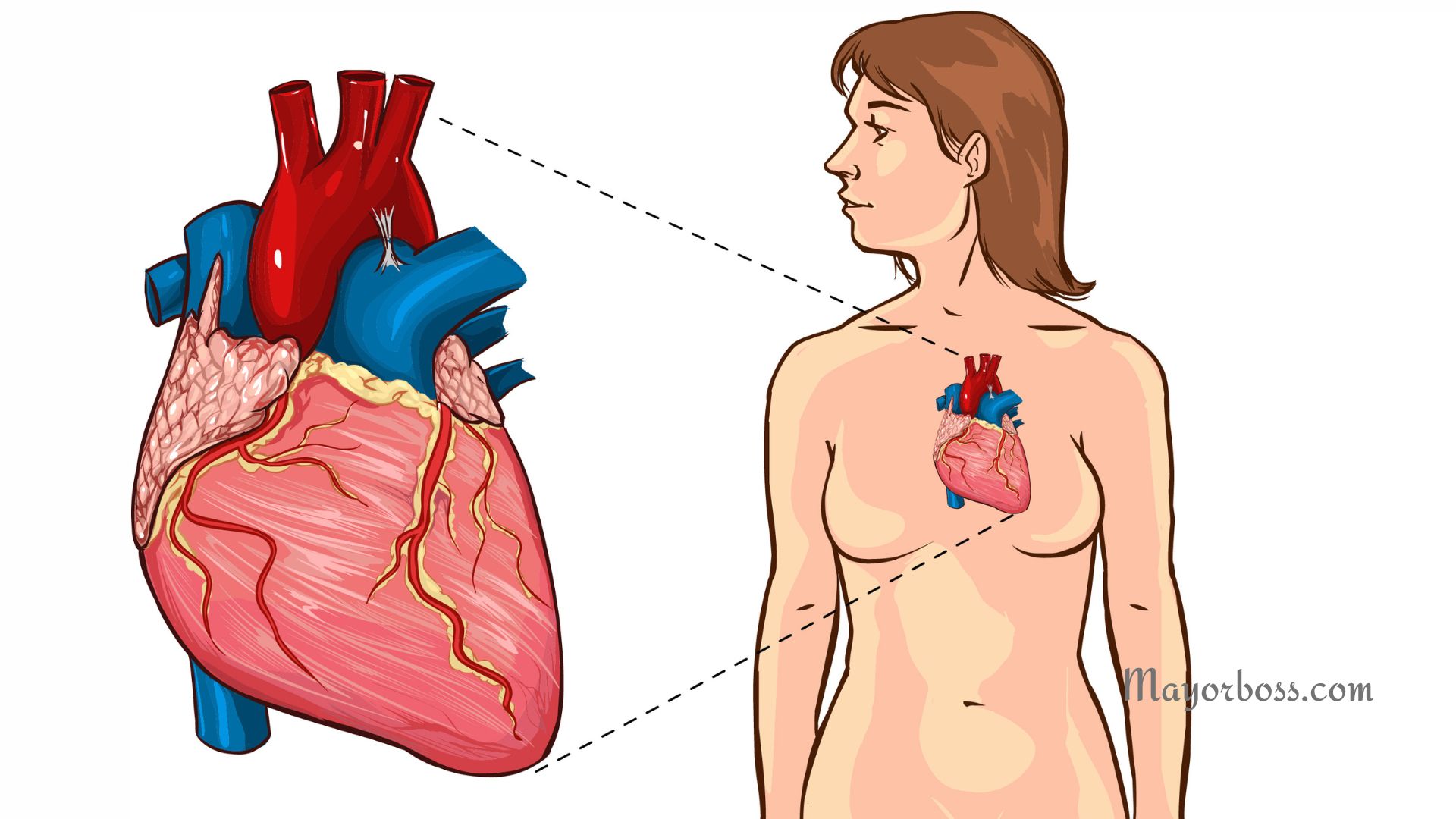How to Prevent a Heart Attack
Living a healthy lifestyle can help you keep your blood pressure, cholesterol, and blood sugar levels in check. This can help prevent a heart attack.
Heart disease is preventable, and making healthy choices today can help protect your heart for years to come.
Dr. Anita Iroko, MD
How to Prevent a Heart Attack
1. Quitting smoking
Smoking is one of the leading causes of heart attacks. If you smoke, quitting is one of the best things you can do to prevent a heart attack. There are many resources available to help you quit, so find one that works for you and stick with it.
2. Eating a healthy diet
Eating healthy foods like fruits and vegetables, lean protein, and whole grains can help reduce your risk of a heart attack. Avoid processed foods, sugary drinks, and excessive amounts of saturated and trans fats.
3. Getting regular exercise
Exercise helps keep your heart strong and functioning properly. Aim for at least 30 minutes of moderate-intensity aerobic activity most days of the week. Moderate-intensity activities include walking, riding a bike, jogging, swimming, and mowing the lawn.
4. Managing stress
Chronic stress can lead to an increase in unhealthy behaviors like smoking and overeating, which can put you at greater risk for a heart attack. Find healthy ways to deal with stress, such as yoga, meditation, or spending time with loved ones.
5. Controlling your blood pressure
High blood pressure puts you at greater risk for a heart attack or stroke. Work with your doctor to ensure your blood pressure is under control through medication, if necessary, lifestyle changes, or both.
ALSO READ: 9 Natural Ways to Lower Blood Pressure
6. Keep your cholesterol under control
Cholesterol is a type of fat that can build up in your blood vessels over time. This makes it hard for blood to flow through your arteries, and sometimes this can lead to a heart attack or stroke. You can help keep your cholesterol in check by eating a healthy diet and exercising regularly. If you have high cholesterol, your doctor may prescribe medication to help lower it.
7. Control diabetes
If you have diabetes, it is important to work with your doctor to keep it under control. This can be done by eating healthy foods, exercising regularly, and taking medication as prescribed. Poorly controlled diabetes can damage blood vessels throughout the body resulting in heart disease or stroke. And if you don’t have diabetes, try to prevent it by having a healthy lifestyle. That means eating right, exercising regularly, and not smoking.
8. Maintain a healthy weight
Being overweight or obese contributes to many risk factors for cardiovascular disease, including high blood pressure, high cholesterol levels, and type 2 diabetes. If you are overweight or obese, losing weight can help reduce your risk of a heart attack in the future.
9. Limit alcohol consumption
Drinking too much alcohol can also increase your risk of developing heart disease. Men should limit themselves to two drinks per day, and women should limit themselves to one drink per day.
10. Get enough sleep
The Centers for Disease Control and Prevention (CDC) say that getting enough good sleep can help reduce your risk of health conditions that can lead to heart attacks, like high blood pressure, type 2 diabetes, and obesity.
11. Take medications as prescribed
If you have any health conditions that could lead to a heart attack, it is important to take your medication as prescribed and attend regular medical appointments. This will help prevent a heart attack from happening.
Following these tips can help you prevent a heart attack and live a healthier life overall. So make sure to keep them in mind!
Frequently Asked Questions
What are some lifestyle changes I can make to prevent a heart attack?
There are many lifestyle changes you can make to lower your risk of having a heart attack. Eating a healthy diet, quitting smoking, and exercising regularly are all excellent choices. You should also try to reduce stress levels and get enough sleep.
What should I eat to prevent a heart attack?
A diet that is low in saturated and trans fats, cholesterol, salt, and sugar is best. You should also eat plenty of fruits, vegetables, and whole grains. Lean protein sources, such as fish, poultry, and tofu, are also good for your heart.
Is there a certain type of exercise I should do to prevent a heart attack?
Any type of exercise that gets your heart rate up and makes you sweat is good for your heart. However, aerobic exercises like running, swimming, and biking are especially beneficial. Strength training is also important for maintaining a healthy heart.
What medications can I take to prevent a heart attack?
If you have other risk factors for having a heart attack, your doctor may prescribe medication to help lower your risk. Commonly prescribed medications include aspirin, statins, beta-blockers, and ACE inhibitors.
I have a family history of heart disease, can I still prevent a heart attack?
Yes. Lifestyle changes like those mentioned above can help lower your risk, even if you have a family history of heart disease. You may also want to talk to your doctor about your specific risks and whether or not you should be taking medication to help prevent a heart attack.
What are the symptoms of a heart attack?
The most common symptom of a heart attack is chest pain or discomfort that lasts for more than a few minutes or goes away and comes back intermittently. Other symptoms may include:
- pain in the jaw, neck, arms, stomach, or back
- shortness of breath
- cold sweats
- nausea
- lightheadedness or fainting.
If you experience any of these symptoms, call 9-1-1 immediately. Do not wait!
Conclusion
Heart attacks are no laughing matter, they’re serious business. But by making some lifestyle changes and being aware of the symptoms, you can greatly lower your risk of having one. So don’t delay, start making those changes today!






